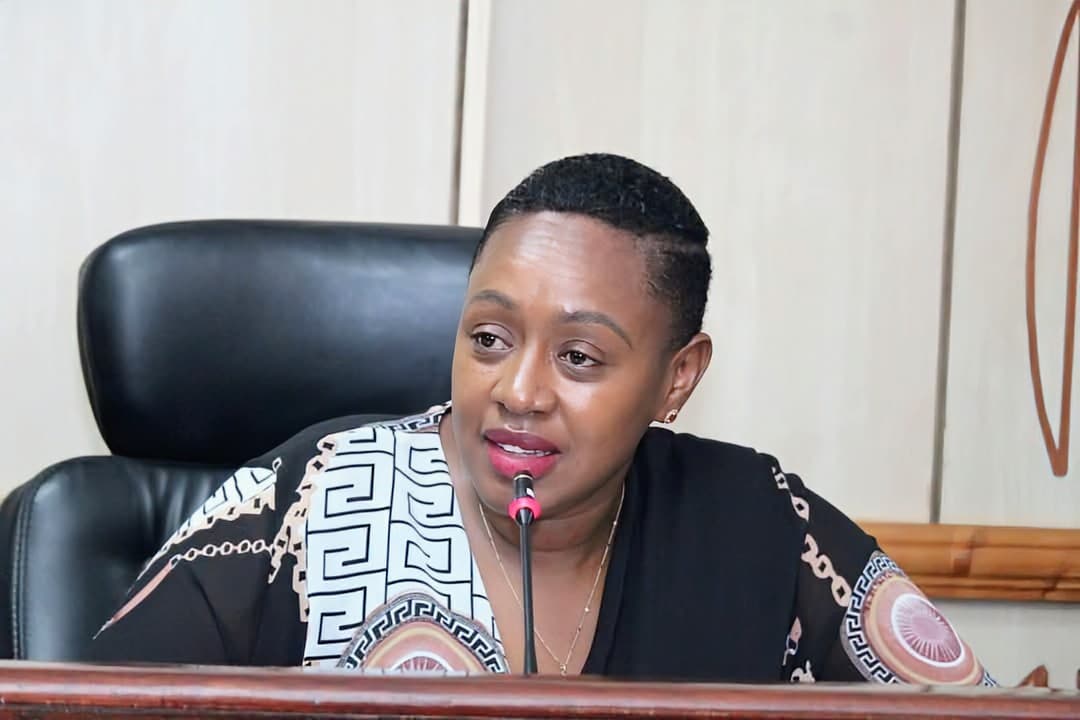In a renewed push to transform Kenya’s healthcare system, Members of Parliament have backed a motion seeking urgent implementation of Universal Health Coverage (UHC) and mandatory use of public hospitals by all public officers.
The motion, introduced by nominated MP Sabina Wanjiru Chege, calls on the government—through the Ministry of Health—to expedite the Kenya Universal Healthcare Coverage Policy 2020–2030.
It also seeks the introduction of a policy compelling civil servants, public officers, and state officers to exclusively seek treatment at public health facilities.
“The Government committed to accelerating attainment of Universal Health Coverage (UHC) to ensure all Kenyans have access and receive essential quality health services; cognizant of the fact that in 2020, the Ministry of Health adopted the Kenya Universal Healthcare Coverage Policy 2020-2030 with the theme: Accelerating Attainment of Universal Health Coverage which is currently being implemented through the introduction of Social Health Insurance Fund,” stated Hon. Sabina Chege.
Chege stressed the need to improve the quality of care in public hospitals, lamenting the chronic underfunding that continues to weaken service delivery across the country.
She argued that by requiring public officers to use public health facilities, government would inject more money into these institutions through the insurance cover offered to civil servants.
“Civil servants, public officers and State officers are accorded a comprehensive medical cover by the respective government agencies; appreciating that the use of the comprehensive medical cover by public officers and State officers in public hospitals would guarantee sufficient funding for public hospitals,” added Chege.
Dagoretti North MP Beatrice Elachi supported the motion, saying it was time for both citizens and leaders to embrace public institutions.
She observed that many doctors working in major public hospitals like Kenyatta National Hospital are the same ones who practice in private facilities—suggesting that the issue is more about perception than competence.
Elachi further called for regulation of high fees charged by some private healthcare providers, pointing out that many Kenyans are locked out of treatment due to cost.
Seme MP James Nyikal, who chairs the Health Committee, said Parliament must take the lead in restoring public confidence in healthcare services.
“We need to look at the ethos of this country. If we really meant it, we, as Members of Parliament, should commit to using public services—flawed as they may be,” he stated.
Nyikal added that rebuilding trust in public hospitals would set a new standard for the entire health sector, with private providers being challenged to match public sector quality.
Elgeyo Marakwet MP Caroline Ng’elechei highlighted the role of county governments in delivering quality healthcare. While noting that health is a devolved function, she urged Governors to equip hospitals and improve hygiene in health centres to attract and retain public use.
Kwanza MP Ferdinand Wanyonyi said that boosting pay and working conditions for health workers in public hospitals is key to enhancing services. He argued that motivated staff would offer better care, reduce migration to private hospitals, and build long-term trust in the system.
Kiharu MP Ndindi Nyoro emphasized that a well-functioning health system is vital to economic growth. “While education adds value to the workforce, healthcare services the same labour force making it integral in driving economic growth,” he noted.
Nyoro praised the United Kingdom’s model, where even top leaders rely on public hospitals. He said this approach reinforces citizens’ trust in the public health system and sets an example worth emulating.
However, Suba South MP Caroli Omondi took a different view, arguing that for UHC to work effectively, healthcare services must be centralised. He said devolving health functions compromises efficiency and frustrates efforts to pool resources.
“For UHC to function as intended, it must operate as a unified insurance scheme. That requires pooling resources and expertise centrally. Devolution, in this case, undermines efficiency,” Hon. Omondi argued.
He called for a sector-wide restructuring that includes creating a common employer for health workers, in order to ensure uniform standards and accountability countrywide.
The National Assembly is expected to resume debate on the motion next week.

